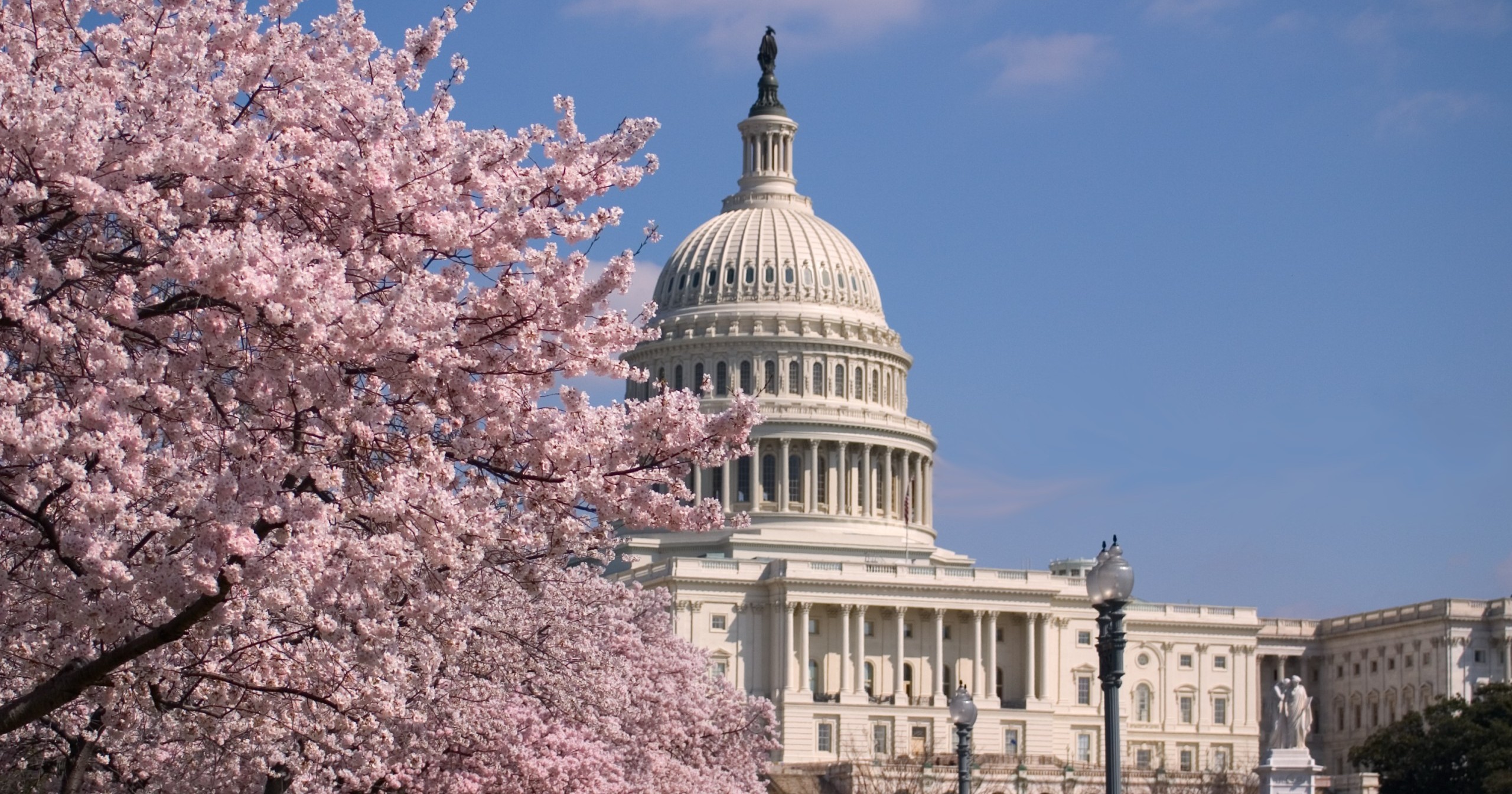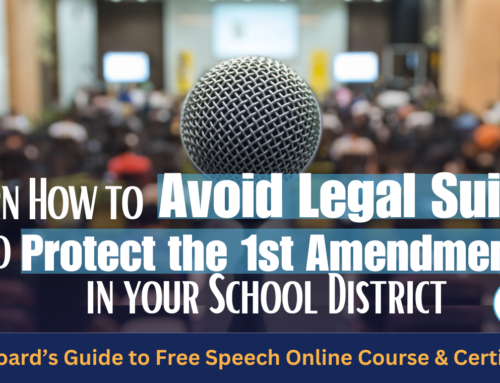
On Friday, the majority of the U.S. House of Representatives affirmed parents’ fundamental right to direct their child’s education through the passage of the Parents Bill of Rights Act.
The bill, which still has to make it through the Senate, focuses on parents having the right to: know what their children are learning, voice concerns, oversee the school budget, protect their kid’s privacy, and keep their children safe. That means schools would be required to publish curriculum and reading materials and alert parents when violence occurs on campus. Additionally, the bill enforces parents’ right to meet with educators and speak at school board meetings.
Amendments to the bill require parents to be informed if their child decides to go by a different name, pronoun, or gender, or use a different bathroom. Parents may also be notified if their school allows transgender athletes to play or if students may use facilities that coincide with their gender identity.
This bill follows other similar legislation that has been implemented in several states.
“Today was a win for every mother or father, but most importantly for every student in America,” said House Speaker Kevin McCarthy following the passage of the vote. McCarthy, who shared that thousands of parents were in support of the bill, has called education the great equalizer. He said, “I couldn’t imagine someone would oppose a Parents Bill of Rights.”
Yet, according to Senate Majority Leader Chuck Schumer, the bill will “meet a dead end” in the Senate. Opponents are calling the bill the “Politics Over Parents Act.”
“Their educational agenda is pretty simple: They want to ban books, they want to bully the LGBTQ+ community [and] they want to bring guns into classrooms, kindergarten and above,” said House Minority Leader Hakeem Jeffries after the bill passed.
The National Parents Union (NPU) has also been in firm opposition to the bill. NPU President Keri Rodrigues led a group of almost 50 parents to Washington, D.C. to voice their concerns to representatives. Rodrigues believes other issues are more important, such as making children feel safe at school amidst gun violence, mental health issues, and bullying.
“[The bill] has made a mockery out of what we are trying to do for our children,” Rodrigues said. “None of our priorities have been reflected in H.R. 5 because they’re attempting to do this to us without us.”
However, some representatives voted against the bill because they believe the federal government should not have a say in education—and that’s what they think the bill allows.
“From Wokeness to funding to bathrooms to Critical Race Theory, the federal government SHOULD NOT be involved in education,” tweeted Representative Matt Gaetz. “I don’t want to strengthen the federal Department of Education. I want to abolish it. I don’t want Congress more involved in decisions that are best made in local school districts. I want the Congress less involved. Therefore, I voted against today’s Republican bill to establish a federal ‘Parents Bill of Rights.’”
But, bill sponsor Representative Julia Letlow said that the legislation is designed to bring about “transparency.”
“It is not an attempt to have Congress dictate their curriculum or determine the books in the library,” Letlow explained. “Instead, this bill aims to bring more transparency and accountability to education, allowing parents to be informed and when they have questions and concerns to lawfully bring them to their local school boards.”
Parents have spoken up about feeling unable to share opposing viewpoints at school board meetings. This past week, a House subcommittee held a hearing that examined if parents were silenced due to the National School Boards Association collaborating with the Biden administration to use federal law enforcement to target protesters at school board meetings. Moms for Liberty co-founder Tiffany Justice was one of the witnesses, and in her testimony, she shared how parents were suppressed by the federal government from voicing concerns.
“Did the actions of the Biden administration chill the free speech of parents? Yes,” she said.
“Parents have the fundamental right to direct the upbringing of their children,” Justice stated. “That includes their education, medical care, morality, and religion. I want to be clear: these are inherent, natural rights. Parental rights do not stop at the classroom door. We do not co-parent with the government.”
Learn more about what drives parental rights legislation.




